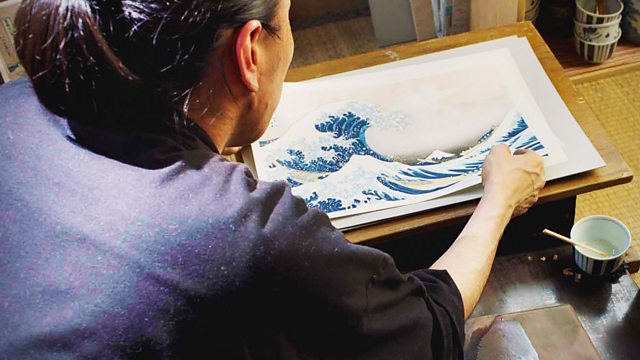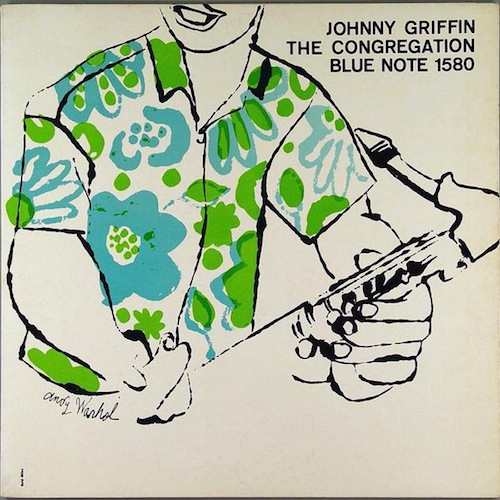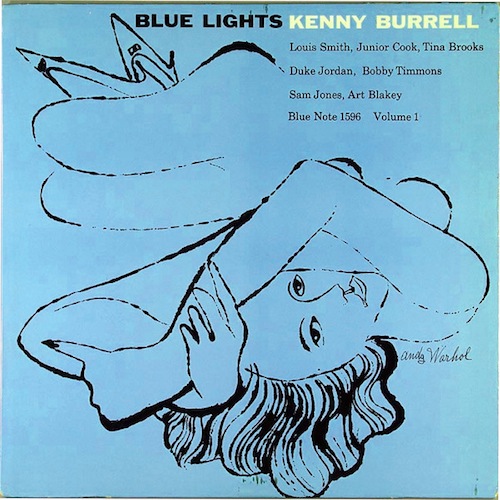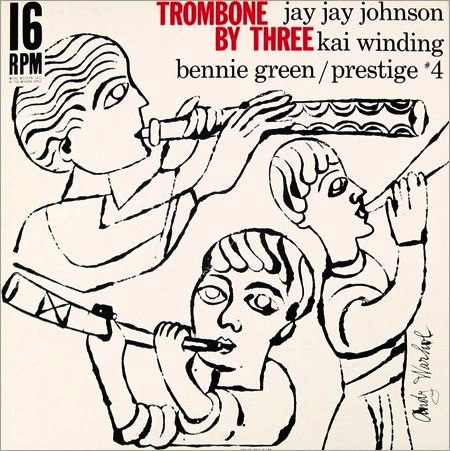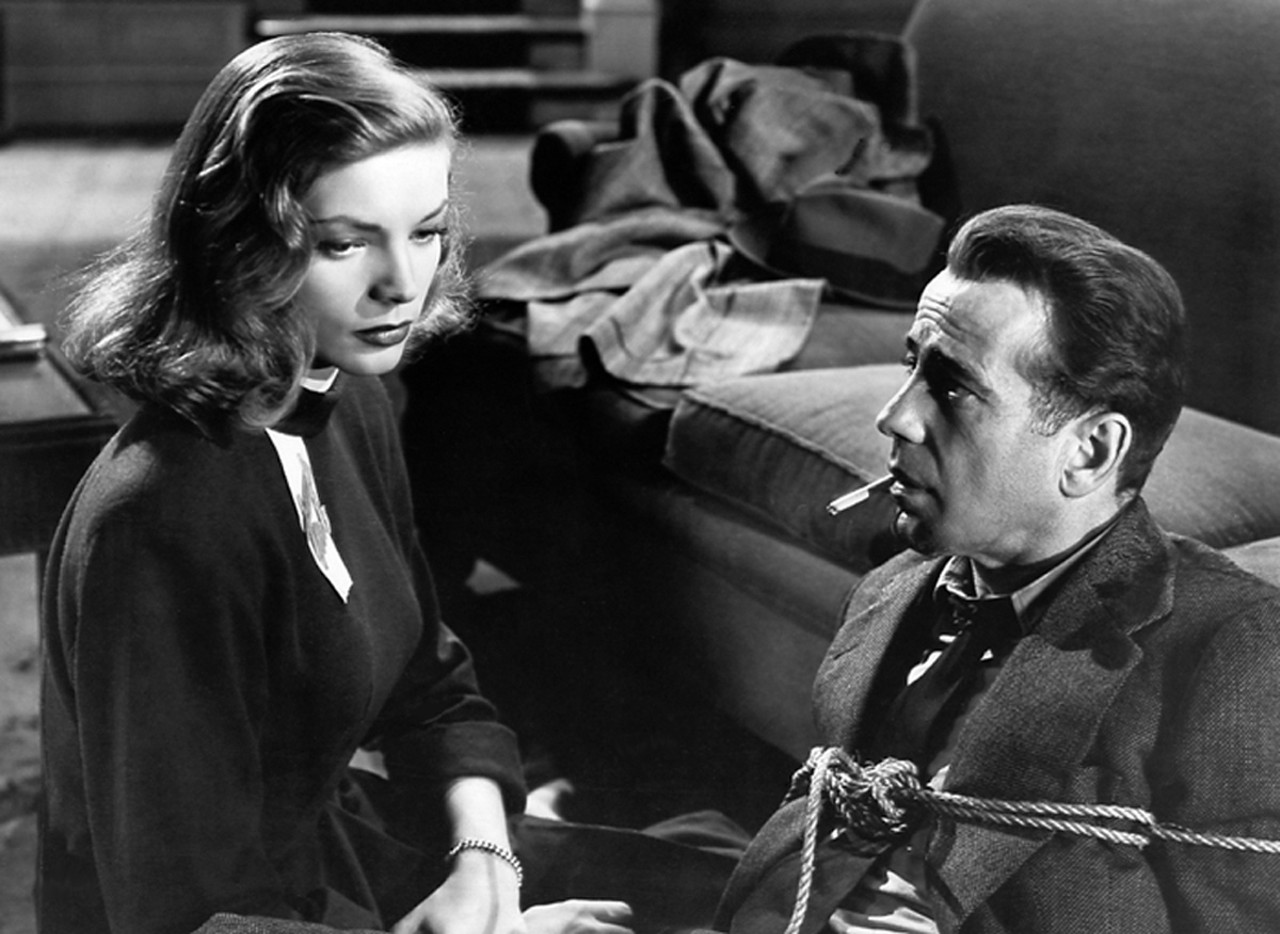 Brian Cant obituary
Brian Cant obituary
Children’s television presenter and actor who spent 21 years on Play School and whose baritone voice graced Camberwick Green, Chigley and Trumpton
Stuart Jeffries
The Guardian
Tuesday 20 June 2017
“HERE’S a house. Here’s a door. Windows – one, two, three, four ... Ready to play? What’s the day? It’s Tuesday.” For those of us who were British, small and watching television between the mid 1960s and the mid 80s, those words, spoken by the much-loved children’s TV presenter Brian Cant, who has died aged 83, in his soothing, gently laconic baritone, are liable to provoke a Proustian rush.
For two decades from 1964 there was scarcely a BBC show aimed at little children that didn’t come with Cant’s distinctive tones. It was his voice that weekly introduced us in the late 60s to the townsfolk of Camberwick Green (1966), the puppet show created by Gordon Murray. “Here is a box, a musical box, wound up and ready to play,” he would tell us at the start of each episode. “But this box can hide a secret inside. Can you guess what is in it today?” And it was Cant who did the prosodically captivating roll call for the fire brigade in Camberwick Green’s sequel, Trumpton (1969): “Pugh, Pugh, Barney McGrew, Cuthbert, Dibble, Grubb.”
Both shows, and the third of the trilogy, Chigley (1970), were set in an idealised English county, Trumptonshire, and suggested what we realised with hindsight to be the evident nonsense that a crime-free Britain ran like clockwork and that adult life was an orderly affair. Cant’s voice was the aural signature of these affairs. In 2007 he topped a children’s magazine poll to find the best-loved UK kids’ television voice, with Oliver Postgate, the voice of Bagpuss, second, and David Jason third for voicing the cartoon hero Danger Mouse.
Sensibly, Cant was modest about his effect on grown-ups nostalgically recalling their childhoods. “It’s obviously very kind and very rewarding to have that effect but I can’t believe it was that important to everyone,” he said once.
Cant might not have achieved such iconic status except for his ability to improvise with imaginary custard. In 1964 he was performing in a proto-Horrible Histories BBC TV drama about the Romans when he learned that auditions were taking place for a new show aimed at pre-schoolers. Joy Whitby’s Play School (1964-88) was aimed at taking kids’ TV to a new level, beyond such cherished favourites as Andy Pandy, The Flower Pot Men and Muffin the Mule.
At the audition Whitby asked Cant to climb into a cardboard box and row out to sea. He gamely did so, then dropped an imaginary fishing line in the water and, seconds later, hauled in his catch, a wellington boot filled with custard. How did he convince the audition there was custard in the wellie? Through the power of suggestion, most likely.
Cant remained on Play School for 21 years, long after its original target audience had moved not only on to solid foods, but into gainful employment. Some critics might be tempted to suggest that he and the other presenters – Floella Benjamin, Derek Griffiths and Johnny Ball among them – were overshadowed by the stuffed toys (Big Ted, Little Ted, Jemima, Humpty and Hamble), but that would be unfair: to sing, tell stories and otherwise captivate an audience composed mostly of under-fives is no mean feat, as any parent will tell you.
“One of the main rules of those Play School days was that we should play to the camera as though we were talking to one child,” said Cant in 2010. “It could be somebody in a tower block, a nice semi-detached somewhere, or a royal palace. You had to phrase everything so that, whoever was watching it, they felt you were talking to them.”
In 1971 Cant became, along with Toni Arthur, one of the regular presenters of Play Away (1971-84), aimed at slightly older children. Other presenters included, incredibly, Jeremy Irons, Julie Covington, Patricia Hodge and Tony Robinson. In his subsequent career he combined his work presenting children’s TV in shows such as Bric-A-Brac (1980-82) and Milkshake! (from 1997) with theatre, touring in plays such as Run for Your Wife, Doctor in the House, The Railway Children and The Canterbury Tales, in addition to pantomimes.
In 1984 Play Away was cancelled, and his services were no longer required on Play School. “All my regular programmes disappeared in one fell swoop,” he recalled. “Play Away had really run its course, but I was, rather unfortunately, considered too old for Play School.” That year, his first marriage to Mary Gibson having ended in divorce, he married the writer and director Cherry Britton and they went on to have three children.
Born in Ipswich and educated at Northgate grammar school for boys, Cant initially had dreams of playing football for Ipswich Town, having trained for the club as a youth. Instead, after some years working as a printer, he turned to acting, and an early review of his performance in an amateur production of the thriller Safe Harbour in 1957 judged that “Mr Cant does incredibly well within the terms of an almost embarrassingly inept caricature.” The following year he turned professional and spent the summer season in rep at Buxton, in Derbyshire. By the early 60s he was appearing in dramas such as the ITV police series No Hiding Place, before joining Play School.
Later Cant appeared on TV in more grown-up fare, including Casualty, Doctors, and Doctor Who. He had two roles in the last of these and was twice killed off, first by a Dalek and in another episode by a Quark, which he recalled was “a little polystyrene box-shaped creature that contained a schoolboy. I was from a pacifist planet and I had to wear a long skirt with a long pipe stuck up it which came to just below the neckline. When I was killed off, smoke belched out of this pipe for some reason. It was rather odd.”
But he carried on entertaining children. Younger Britons remember him not for Play School or the Trumptonshire dramas but as Brian the farmer in Dappledown Farm (1990–2003) and for his work from 2003 on two Channel Five kids’ shows, MechaNick and The Softies.
In one interview he defended the idea of children’s TV against the idea that it could be stupefying for kids. “No-one would suggest sitting there doing nothing but watching television, that’s obvious,” he said. “But programmes like Play School were always done with the idea that when it finished, the children could go away and try things themselves.”
In 1999 he was diagnosed with Parkinson’s disease, but as late as 2011, after having been awarded a special Bafta honouring his career, he was still acting – making his third appearance in Doctors.
He is survived by Cherry and their children, Rose, Christabel and Peter, and by two sons from his first marriage, Nicholas and Richard, the latter of whom is also an actor.
• Brian Cant, television presenter and actor, born 12 July 1933; died 19 June 2017


